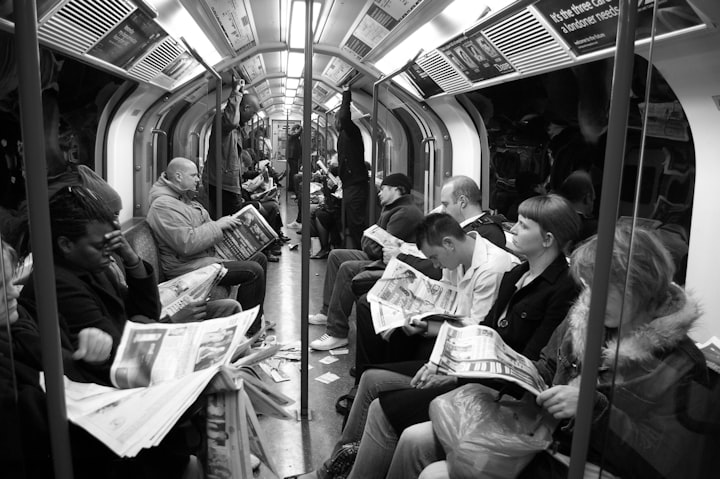Media Manipulation and the Shift to the Right
Understanding CNN's Changing Landscape

In recent weeks, there has been coverage of train workers' strikes, which has sparked confusion for viewers tuning in to CNN. Traditionally considered a left-leaning network, CNN's framing of the strike seems to deviate from its usual stance, leading to questions about its changing ideology.
The strike, if it were to occur, could have significant impacts on the economy, disrupting supply chains and potentially leading to skyrocketing food prices. Experts warn that it could result in a shortage of essential goods and substantial price hikes, including increased gas prices. The estimated cost to the economy could reach billions of dollars within the first week alone. Additionally, the strike's timing, just before the holidays, adds to concerns about the potentially devastating effects on the economy.
To discuss this topic and more, Brian Moynihan, the Chairman, and CEO of Bank of America, joins the conversation. As one of the world's largest banks, Moynihan offers insights into the potential consequences of such a strike on the U.S. economy and questions whether the benefits of the strike outweigh the costs.
However, the way this strike and its implications are being portrayed by CNN raises some eyebrows. Rather than focusing on the underlying issues leading to the strike, CNN's coverage seems to emphasize the catastrophic economic impact and places the responsibility on the rail workers. This framing invites viewers to assess whether the workers' demands are justified or if they are being unreasonable.
This shift in CNN's coverage is not without reason. Earlier this year, CNN's parent company merged with Warner Brothers Discovery, resulting in a change in strategy for the network. CNN is now moving away from its reputation as a liberal outlet and aiming for a more centrist position. Many liberal personalities have left or been removed from the network, and the new CEO has expressed a desire to present a more nuanced and less polarizing view of the news.
While media institutions like CNN do not typically engage in deliberate misinformation, they are subject to various limitations and influences. These include physical constraints, ideological considerations, and market-driven pressures. In a capitalist economy, profitability and survival become the primary concerns for news networks. As a result, media outlets tend to align with capitalist interests rather than challenge the status quo.
Chomsky and Herman's book, "Manufacturing Consent," identifies five major filters that shape news reporting: ownership and profit orientation of media firms, reliance on information from government and business sources, advertising as the primary income source, flak as a means of disciplining the media, and anti-communism as a control mechanism. These filters, combined with the changing media landscape and financial pressures, contribute to mainstreaming a more right-leaning narrative.
The recent merger of CNN's parent company, along with financial concerns and audience preferences, has led to a noticeable shift in CNN's coverage. By appealing to a more conservative audience, CNN hopes to regain viewership and profitability. However, this shift moves the network closer to the right, further mainstreaming reactionary ideologies.
Media outlets frame stories and decide which topics are deemed newsworthy. This decision-making power often leads to the amplification of right-wing concerns and the marginalization of left-wing perspectives. This imbalance can be observed in the coverage of topics like critical race theory, where media networks cater to conservative demands, perpetuating moral panics and misrepresenting complex issues.
Overall, the media landscape, including CNN, plays a significant role in shaping public discourse. However, due to limitations, financial pressures, and ideological biases, many news networks reinforce capitalist hegemony and fail to provide comprehensive and accurate information. This situation raises concerns about the role of media in a democratic society and the need for alternative voices to challenge the dominant narratives.
About the Creator
Wilson Agbesi
God is good all the time





Comments
There are no comments for this story
Be the first to respond and start the conversation.